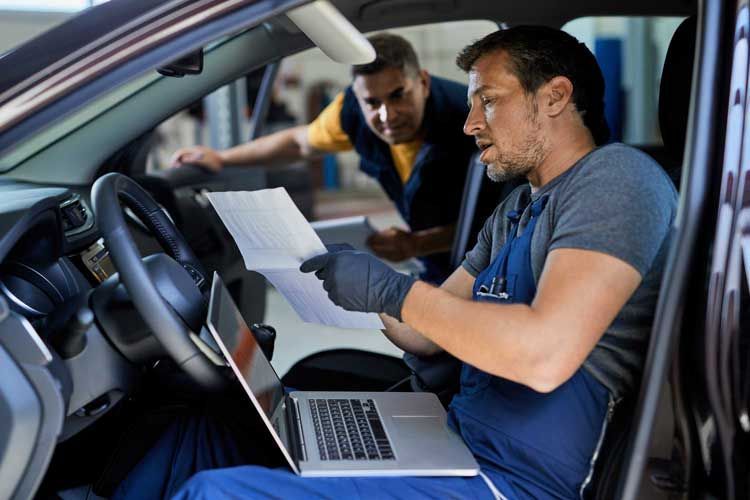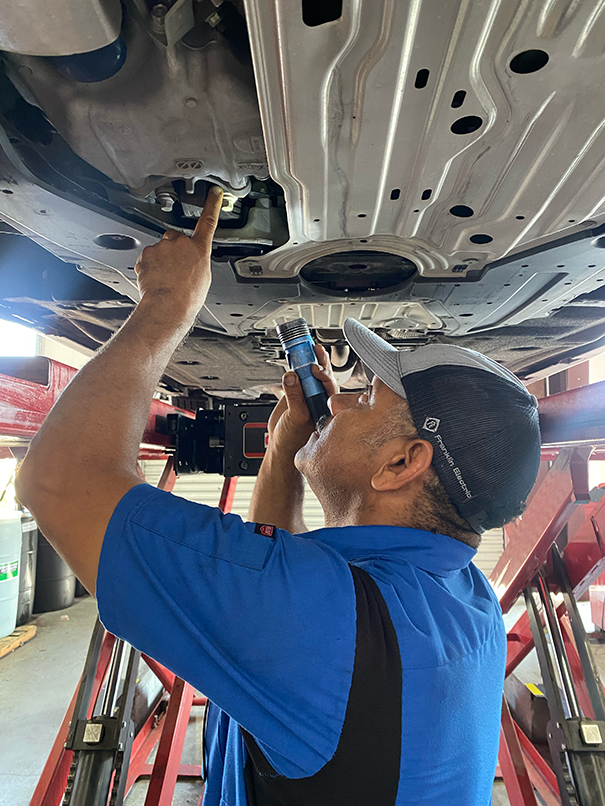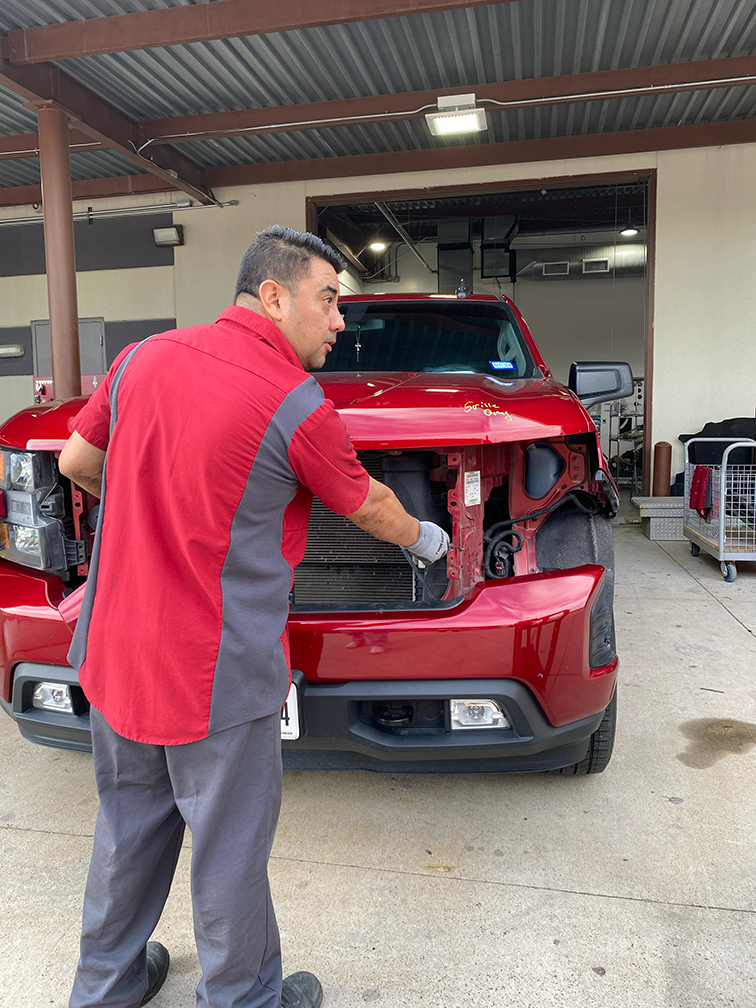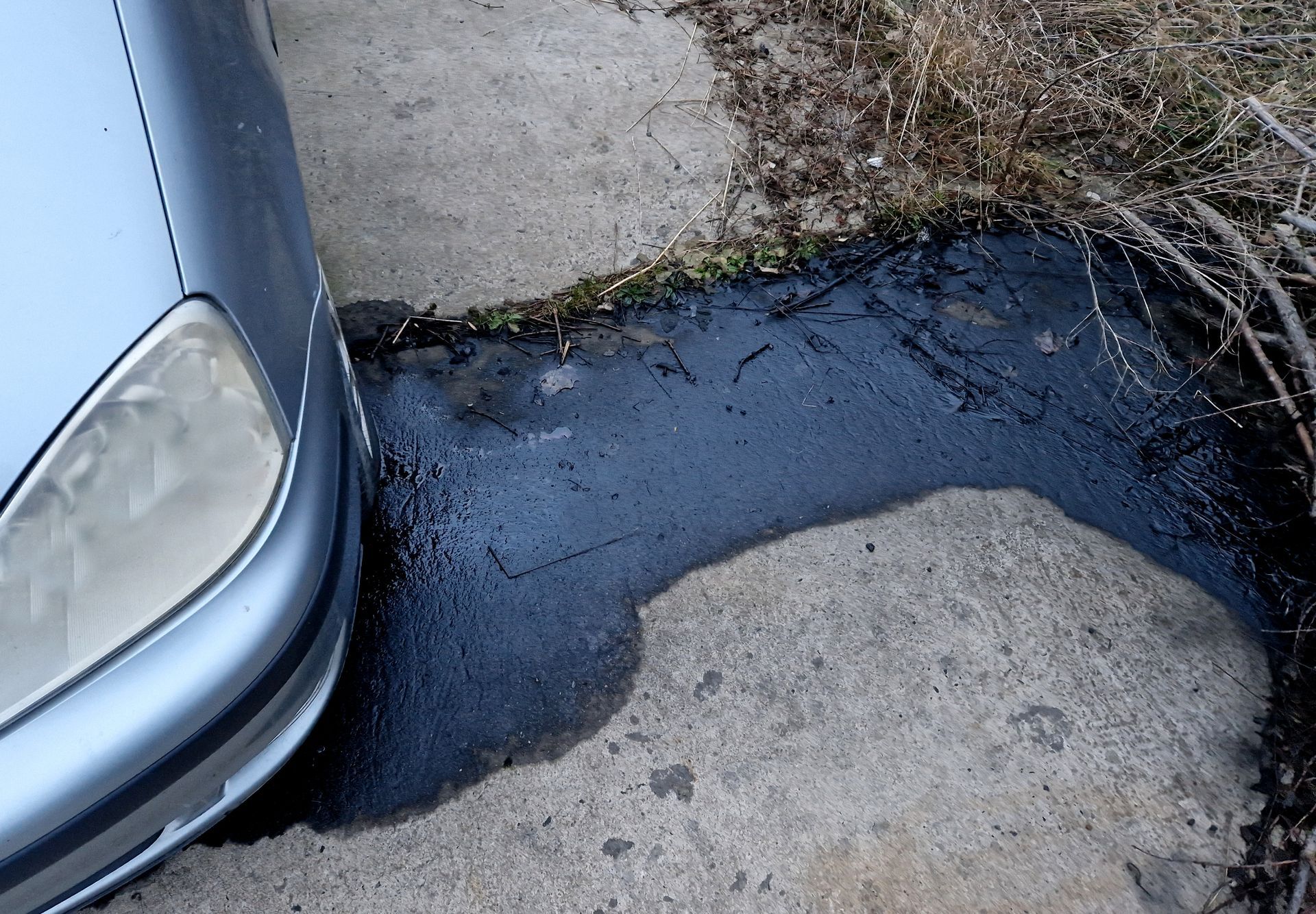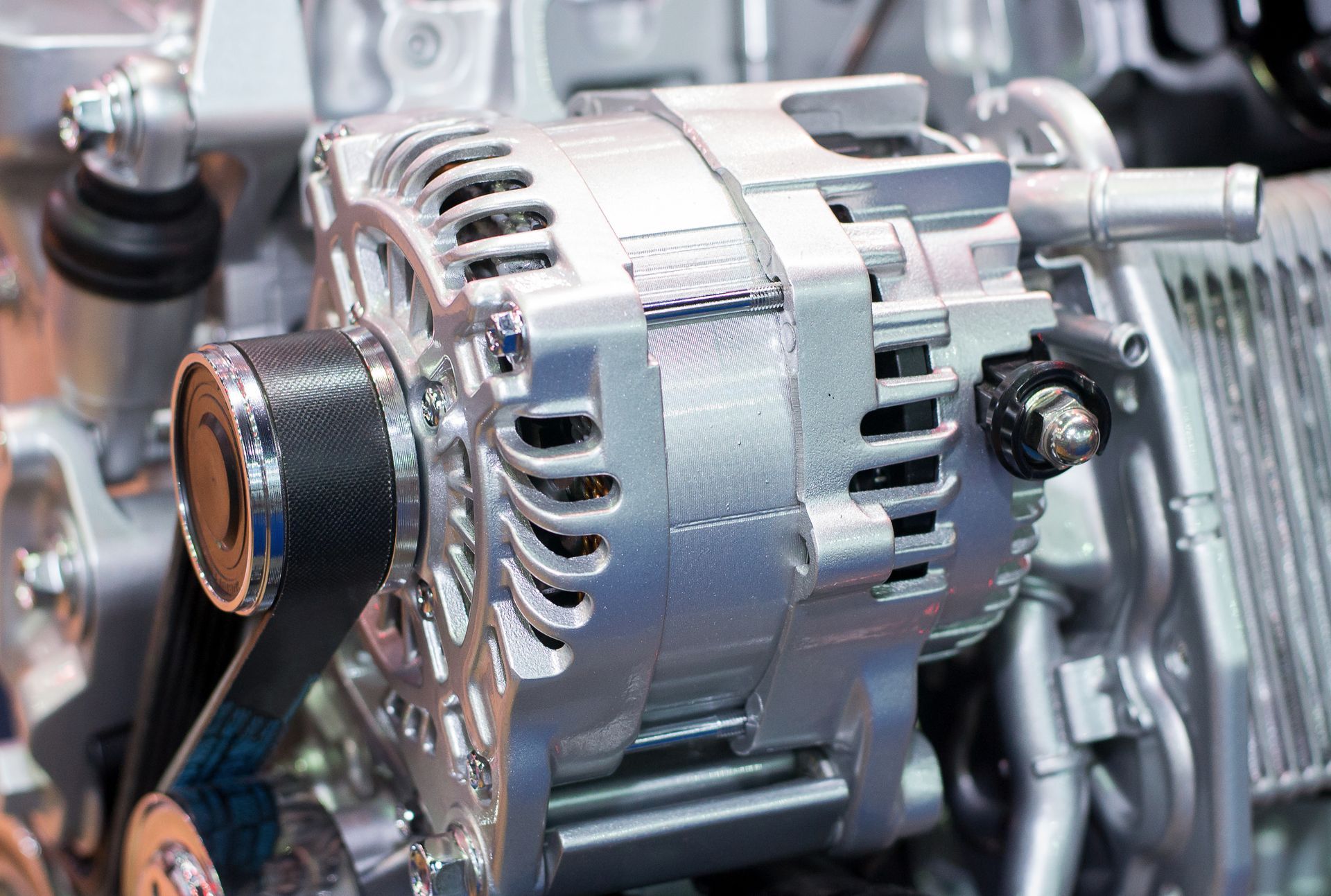Noticing your car shaking while it's just sitting still? Whether it's a gentle vibration in the steering wheel or a steady tremble through the seat, that movement at idle usually means something's off. It might seem harmless if the car drives fine otherwise, but it’s often an early warning that a component isn’t working quite right. Catching it early can save you from bigger problems down the road. So what could be causing it? Here are some of the most likely culprits.
1. Worn or Failing Engine Mounts
Engine mounts are designed to do one main thing: keep your engine securely in place and absorb its vibrations. These rubber-and-metal components prevent you from feeling the natural shaking that occurs when your engine runs. But like any part exposed to constant heat and motion, engine mounts can wear out over time.
When a mount begins to fail, it can no longer absorb vibration effectively. The result? You’ll feel more of the engine’s natural movement—especially at idle, when engine speed is low and less stable. In severe cases, you might hear clunking noises or feel more vibration when shifting into gear.
The good news is that mounts can be replaced before the problem gets worse. Ignoring it could cause other components around the engine to wear or loosen due to excess movement.
2. Worn or Faulty Spark Plugs
Spark plugs are essential components in the engine's combustion process. When they’re working correctly, they ignite the air-fuel mixture in each cylinder at just the right moment. But when they get dirty or start to fail, they can cause your engine to misfire—especially when idle.
A misfire feels like the engine is stumbling or skipping a beat. If it happens while the car is idling, it can cause a noticeable shake or vibration, as one or more cylinders aren’t firing as they should.
Replacing spark plugs is a routine maintenance item, and doing so at the right interval helps prevent rough idle and other performance issues. In some cases, worn ignition coils or plug wires could also be at fault, especially in vehicles with higher mileage.
3. Vacuum Leaks or Air Intake Problems
Modern engines rely on a tightly controlled balance of air and fuel. If there’s a leak in the vacuum system—like a cracked hose or loose intake connection—it can disrupt this balance, especially at idle.
When extra, unmeasured air gets into the system, the engine may run too lean, leading to inconsistent idle, vibrations, or stalling. You may also notice a hissing sound under the hood or see your check engine light come on.
Diagnosing a vacuum leak isn’t always easy without the right tools, but a trained technician can locate the source using smoke testing or scanning for diagnostic trouble codes (DTCs). Addressing vacuum issues early helps keep your fuel economy and engine performance on track.
4. Dirty Fuel Injectors
Fuel injectors spray a precise amount of gasoline into each cylinder. When those injectors get clogged or dirty—often from poor-quality fuel or lack of maintenance—they may not deliver the proper spray pattern. This can result in uneven combustion, especially at low engine speeds.
If your car vibrates only when idling and the shaking is more subtle, dirty injectors could be the cause. You might also notice rough acceleration, poor gas mileage, or a laggy throttle response.
Fuel system cleaners can sometimes help, but for more severe cases, a professional injector cleaning or even replacement may be needed to restore smooth engine operation.
5. Problems With the Idle Air Control Valve or Throttle Body
In many vehicles, the Idle Air Control (IAC) valve or electronic throttle body regulates airflow into the engine when the throttle pedal isn’t pressed. If this valve becomes dirty or sticks, it can throw off the engine’s idle speed and cause inconsistent airflow, leading to rough idle and vibration.
Symptoms often include fluctuating RPMs while idling, a sudden drop or surge in idle speed, or occasional stalling when coming to a stop. These issues can also trigger a check engine light in many modern cars.
Cleaning or replacing the IAC valve or servicing the throttle body can usually solve the issue—especially in cars that haven’t had a recent tune-up.
When to Worry About Idle Vibration
Not every engine vibration is a crisis—but you should never ignore it. What starts as a small shake could be an early warning for something more serious. If your car vibrates at idle and you’re also experiencing one of the following, it’s time to get it checked:
- The vibration gets worse over time
- You notice unusual engine sounds or smells
- The check engine light is on
- Your fuel economy drops
- You experience hesitation or stalling
These are signs that your car needs more than a quick look—you’ll want a full inspection to prevent further issues.
Elite Auto Experts – Engine Performance Diagnostics in Houston, TX
If your car is vibrating at idle, visit
Elite Auto Experts in Houston, TX. We’ll inspect your engine mounts, ignition system, vacuum lines, and fuel delivery to pinpoint the cause and get your engine running smoothly again. Our team uses professional diagnostics to save you time, money, and guesswork.

